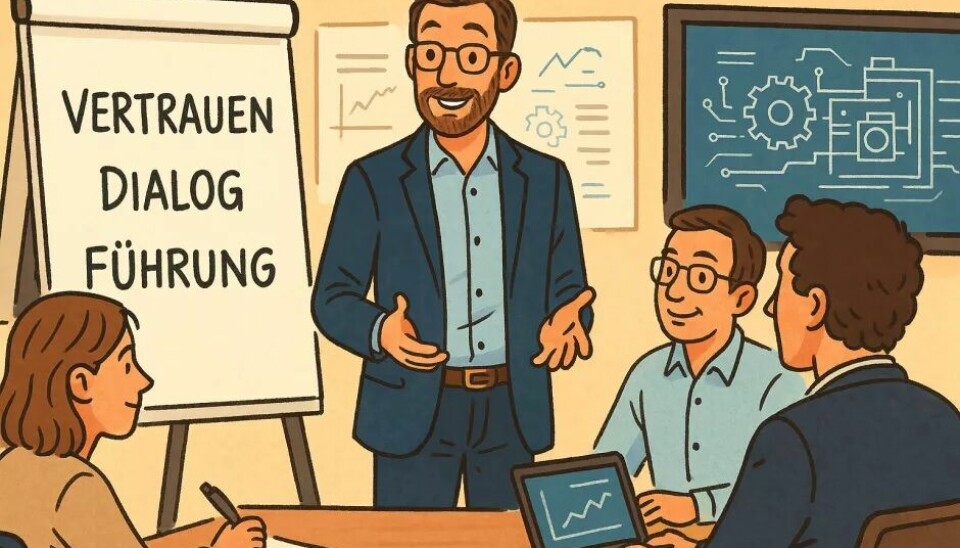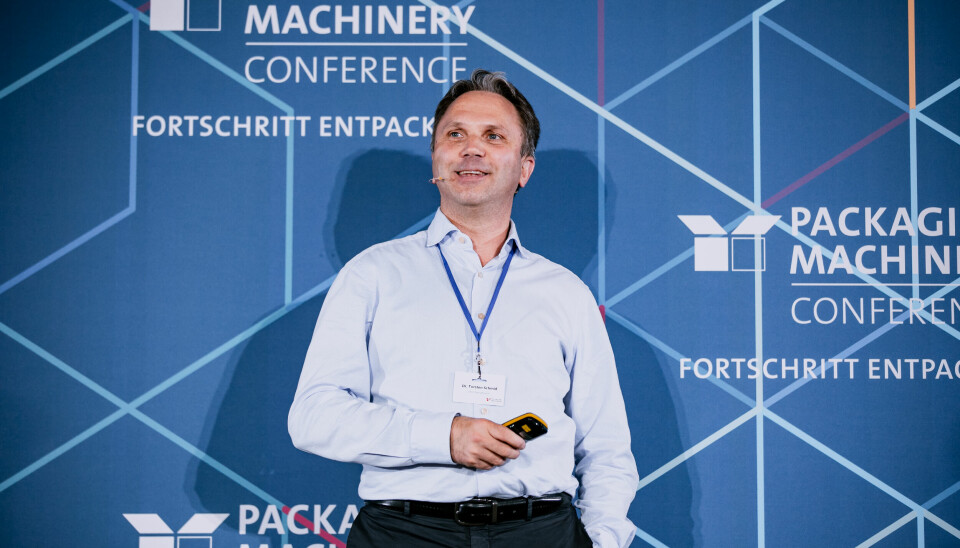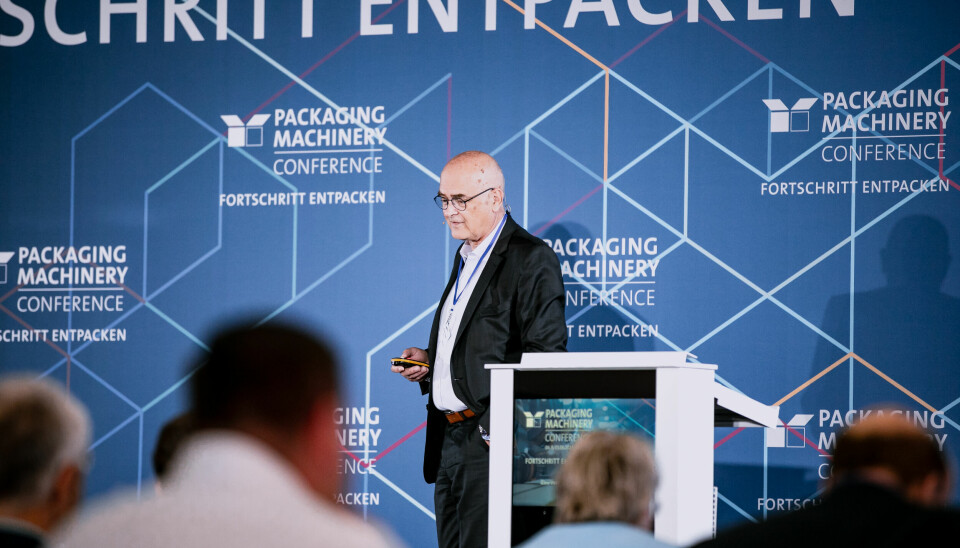Why people are the most important lever for change
Transformation begins in the mind - not in the code

The hall was well filled when Richard Clemens from VDMA had the following sentence on one of his slides during his keynote, which stayed in my memory for a long time: "From machine supplier to solution provider." What sounds so sober is actually a paradigm shift. Because those who sell solutions must be able to listen. Understand problems. Manage risks. And: convince people.
This quiet shift in the industry's self-perception - away from the pure product, towards a holistic solution - ran like a common thread through the Packaging Machinery Conference in Munich on June 4 and 5, 2025. And those who listened closely in Munich quickly realized that it was less about new technology, tools, or processes. Rather, it was about something much more fundamental - about people themselves.
People as the blind spot of transformation
Technology, methodology, digitization - all of this traditionally tops the agenda in the industrial debate on transformation. Even at conferences like this, there is a lot of talk about predictive maintenance, modular machine concepts, or scalable service models. Rightly so. But: Even the best strategy remains theoretical if it is not supported by people.

"Transformation competence includes cognitive skills, strategic work, and the right mindset," explained Dr. Torsten Schmid in his exciting and entertaining keynote speech. The experienced organizational developer advocated for a radical rethinking: Those who only want to transform processes miss the core. Because it is the employees, leaders, and teams who shape - or block - the change.
And that is exactly what makes the difference. Transformation rarely fails due to technology. It fails due to resistance, lack of trust, and lack of willingness to change. Or as one participant put it on the sidelines: "We have all the tools - what is often missing is the courage to use them."
When technology becomes a cultural issue
It's not about an "either-or." Of course, transformation needs both: new technologies and new skills. But the order is crucial. Those who start with processes and only then look at people are building on sand.
In Munich, it became clear: Sales exemplifies this change. Clemens made it clear in his keynote that machine builders increasingly need to act as solution providers. This requires new skills in sales - moving away from being a product pusher to becoming an advisor on equal footing. But such role changes are not purely professional challenges. They are cultural.
Because those who want to advise others must be able to question themselves. Those who want to sell solutions must learn to deal with uncertainty. You can't teach that through e-learning - it requires dialogue, experience, and emotional maturity.
Why upskilling alone is not enough
Of course, further education is a central element. But too often, 'upskilling' in the industrial context is reduced to technical learning: new tools, new processes, new systems. The person becomes the recipient of an update.
What is missing is what Schmid described in his lecture as 'inner transformation': The ability for self-reflection. The willingness to take responsibility. The readiness to relinquish control and allow trust. Especially leaders often struggle with this - not out of malice, but because they have been socialized in a different system for years.
Therefore, more than training is needed. Spaces for development, feedback, and exchange are needed. Companies that have recognized this invest not only in knowledge but also in attitude. Not only in skills but in character.
What can companies do now?

For decision-makers in the packaging industry, this means: Transformation does not begin with the selection of the next ERP system. It begins with the question: Who in our team can truly shape change? Who can lead without controlling? Who can understand uncertainty as an opportunity?
The first step: Understand that transformation is not purely a technical challenge. It is a social process. And like any social process, it thrives on communication, trust, and meaning.
The second step: Rethink leadership. Instead of thinking about incentive systems or project plans, companies should talk about the emotional maturity of their leaders. About courage, about a culture of mistakes, about listening.
The third step: Approach upskilling holistically. Yes, new technologies must be mastered. But in parallel, there need to be formats that promote mindset development - coaching, peer consulting, cross-training with unfamiliar perspectives.
Conclusion: People are not a "soft factor" - they are the key
The Packaging Machinery Conference has shown: The future of packaging machinery manufacturing is not decided solely in development labs or on workbenches. It is decided in meeting rooms, in executive suites, and on the interpersonal level.
Those who truly want change must first initiate it in the minds and hearts of people. Not with buzzwords, but with genuine interest, honest communication, and a clear cultural vision.
Three takeaways for decision-makers:
- Technology follows attitude: Without people's willingness to change, any technology remains ineffective.
- Leadership becomes a key competence: Leadership is no longer just management - it is a cultural founder and change companion.
- Transformation is a team effort: Dialogue, trust, and psychological safety are the basis for real change.
To master the challenges of the future, you need not only machines that are more efficient, connected, and smarter - but above all, people who are ready to take responsibility, think anew, and move forward together.
The most important lever is not in technology - but in collaboration. And that is precisely why every serious transformation should not start with the organization, but with the people who shape it.
Because in the end, it applies: A strong culture is not a nice extra. It is the operating system of every successful change.